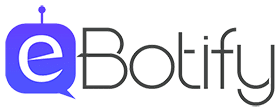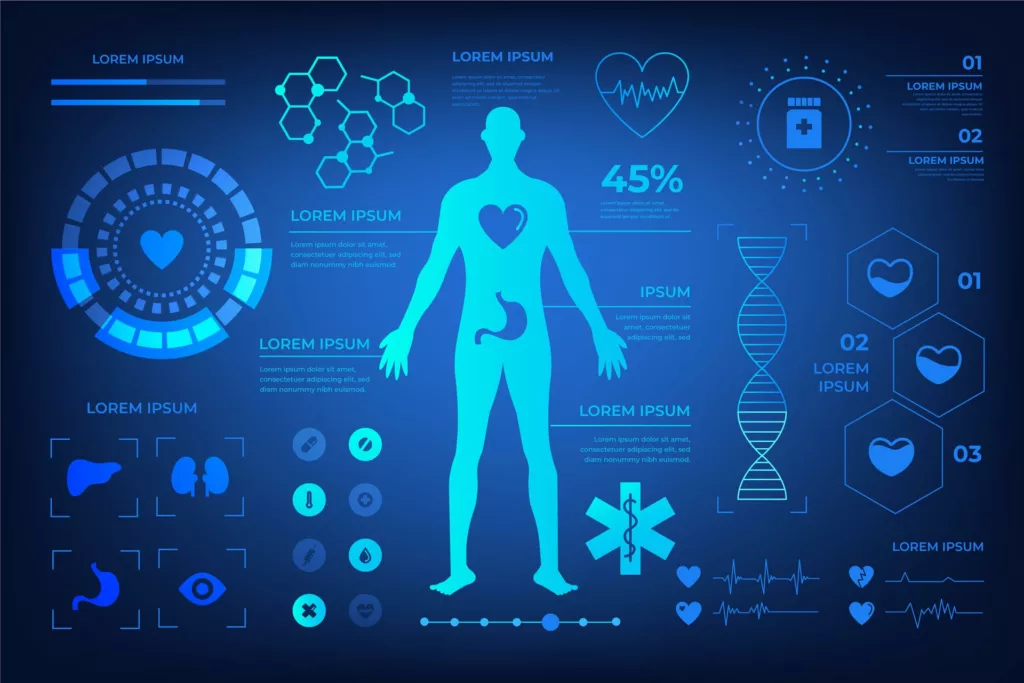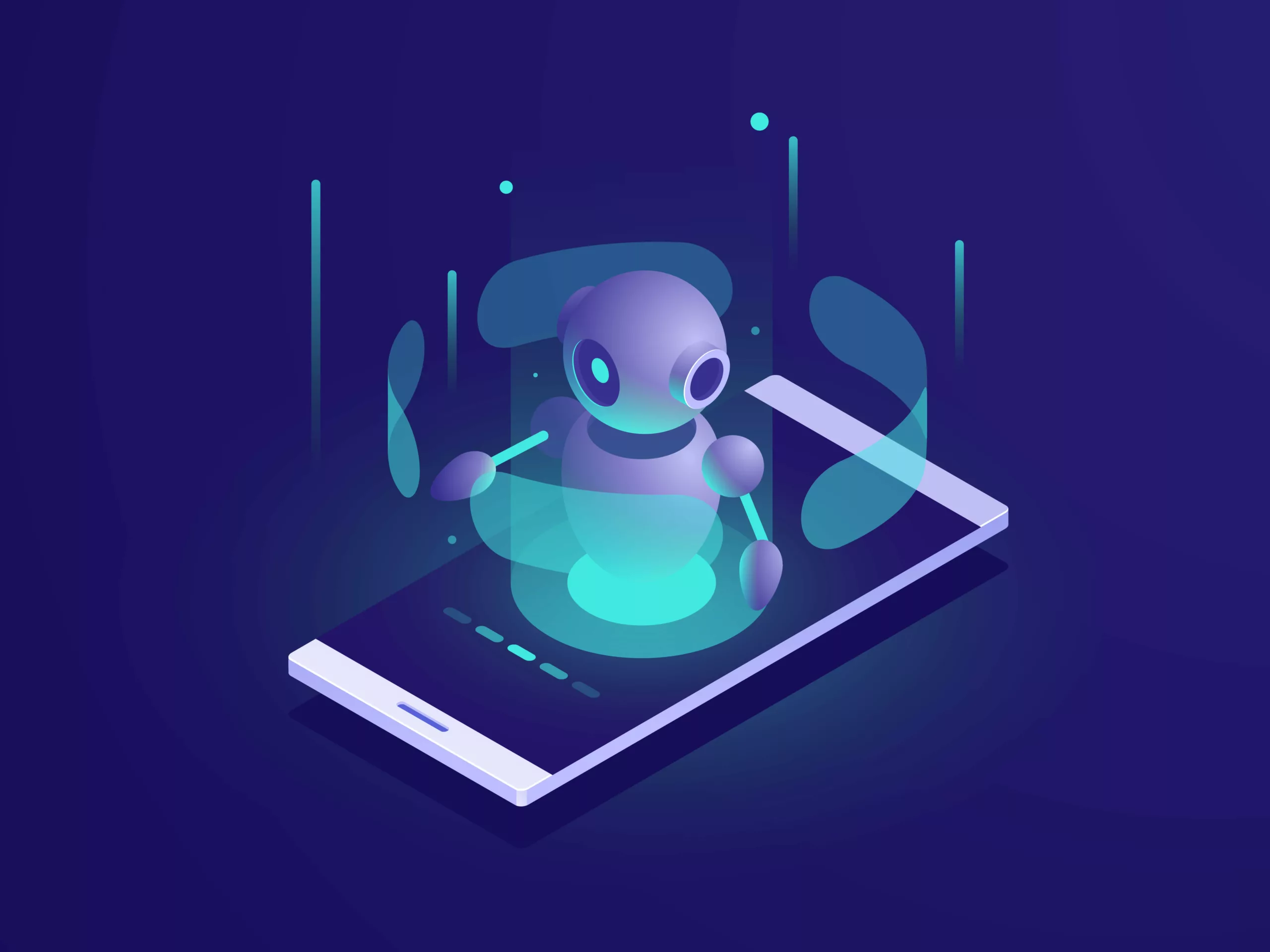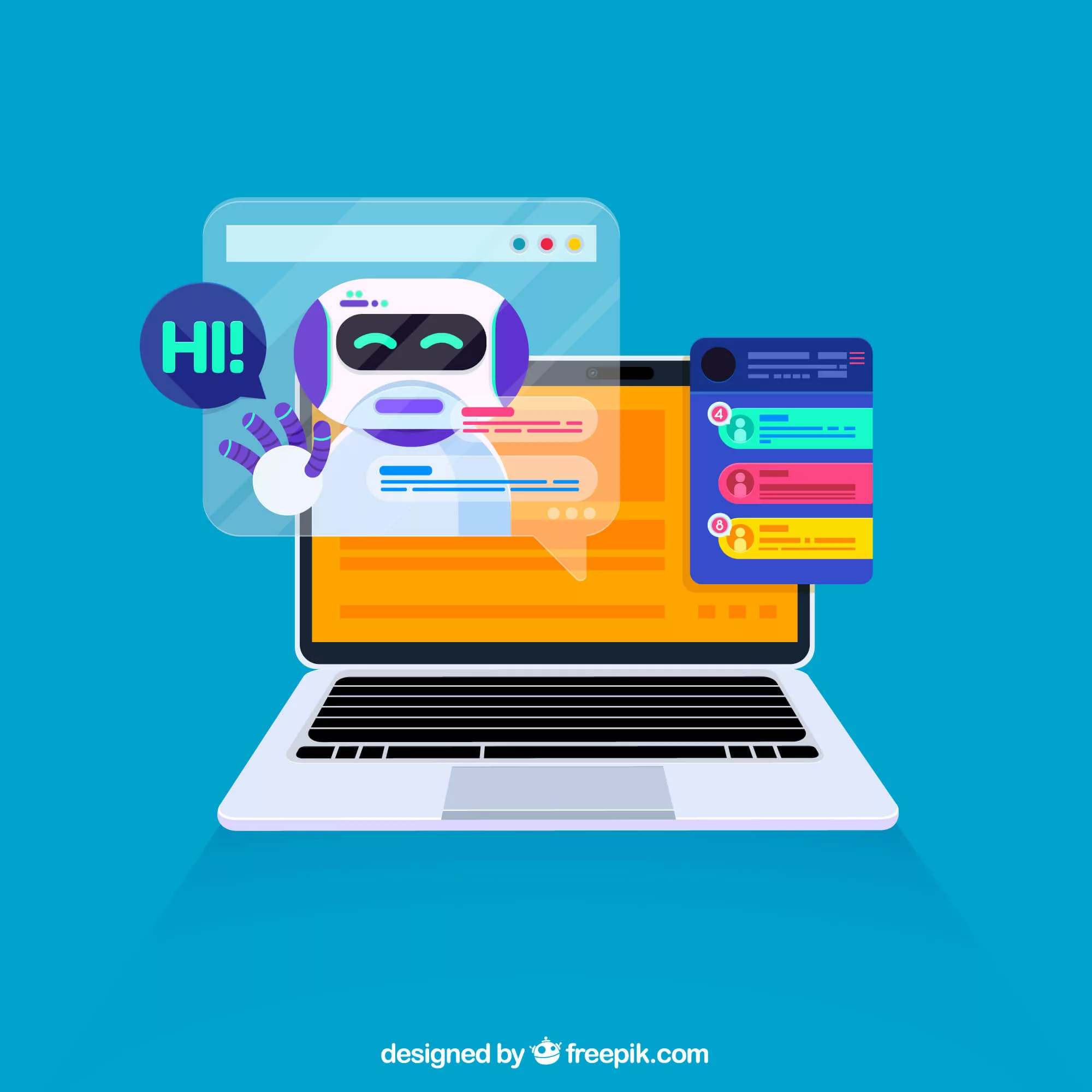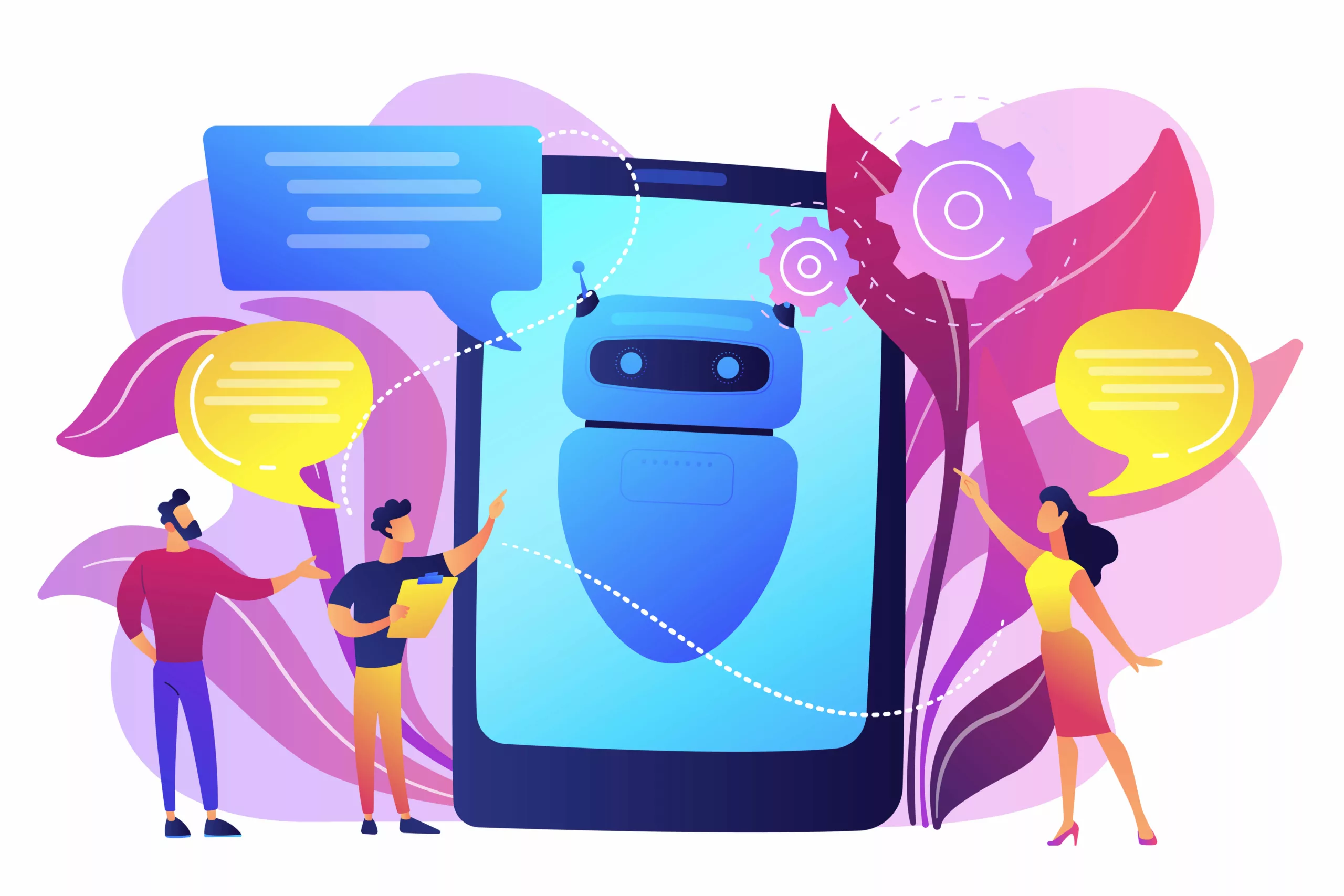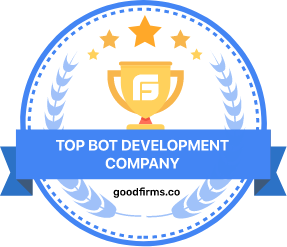The healthcare sector has always been one of the most crucial segments. Health and well-being are the core necessities that everyone should have access to. In the fast-paced world of healthcare, providing exceptional customer service is paramount. Especially in the post-pandemic era, people are taking their health more seriously than ever, thus looking for convenient healthcare services.
With the evolution of technology, chatbots have emerged as powerful tools to enhance communication and streamline processes. The chatbot market is growing exponentially. According to a study, the global chatbot market is all set to reach $3,618 million by 2030, growing at a CAGR of 23.9%.
In this blog, we will explore the evolution of chatbots in healthcare, delve into their various use cases, highlight their benefits to the industry, and provide a quick guide to healthcare chatbot development.
Evolution of Chatbots in Healthcare:
The integration of chatbots in healthcare is not a recent phenomenon. Over the years, these digital assistants have evolved from simple rule-based systems to sophisticated, AI-driven conversational agents. Initially used for basic tasks like appointment scheduling and information retrieval, healthcare chatbots now leverage natural language processing (NLP) and machine learning to engage in complex, context-aware conversations.
The need for efficient patient care and the growing demands on healthcare professionals have accelerated the adoption of chatbots. Their ability to provide instant responses, 24/7 availability, and personalized interactions has positioned them as valuable assets in the healthcare ecosystem.
Healthcare Chatbot Use Cases:
Healthcare chatbots serve many purposes, from contributing to improved patient experiences and operational efficiency, and more! Here are some of the worth-mentioning use cases of chatbots in healthcare:
1. Appointment Scheduling:
Chatbots have revolutionized the way healthcare providers manage appointments. By automating the scheduling process, these virtual assistants streamline administrative tasks, allowing patients to book, reschedule, or cancel appointments effortlessly. The real-time availability of chatbots ensures that patients can access these services at any time, eliminating the need for manual intervention and enhancing overall appointment management efficiency.
2. Symptom Checker:
Incorporating sophisticated AI algorithms, healthcare chatbots assist users in assessing their symptoms. Patients can engage in a conversation with the chatbot to receive preliminary advice on potential health issues. This feature not only empowers users by providing immediate guidance but also aids in decision-making, helping individuals determine whether their symptoms warrant immediate medical attention or can be managed at home.
3. Medication Reminders:
Ensuring medication adherence is a crucial aspect of patient care. Healthcare chatbots contribute to this by sending timely reminders for medication intake. These reminders are not only customizable based on the patient’s schedule but also serve as a valuable tool for patients to stay on track with their prescribed treatment plans, promoting better health outcomes.
4. Health Education:
Chatbots play a pivotal role in disseminating accurate and reliable health information. They act as interactive sources of knowledge, providing insights into medical conditions, treatment options, and preventive measures. Through engaging Q&A sessions, patients can deepen their understanding of various health-related topics, promoting informed decision-making and proactive health management.
5. Billing and Insurance Queries:
Financial transparency is a key concern for healthcare consumers. Chatbots address this by clarifying billing queries, explaining insurance coverage details, and outlining available payment options. By providing instant responses to common financial inquiries, chatbots reduce the workload on administrative staff, allowing them to focus on more complex tasks and improving overall service efficiency.
6. Post-Discharge Follow-ups:
Post-discharge care is critical for ensuring a patient’s continued well-being. Healthcare chatbots contribute to this phase by remotely monitoring patients’ recovery progress. Patients can report concerns or seek guidance through the chatbot, facilitating immediate assistance and enhancing the overall post-discharge care experience.
These are some of the major areas where AI chatbots for healthcare can come in handy for practitioners.
Benefits of Chatbots in Healthcare:
The integration of chatbots in healthcare brings about numerous benefits for both healthcare providers and patients.
1. 24/7 Availability:
One of the primary advantages of healthcare chatbots is their round-the-clock availability. Patients can access support and information at any time, reducing the dependence on traditional office hours and emergency services for non-urgent matters. This accessibility ensures that healthcare services are more readily available to a global audience.
2. Improved Efficiency:
Automation is a key driver of efficiency in healthcare operations. Chatbots handle routine tasks such as appointment scheduling, prescription refills, and information retrieval, allowing healthcare professionals to concentrate on more complex aspects of patient care. This results in reduced waiting times, quicker responses, and an overall streamlined healthcare experience.
3. Cost Savings:
The integration of chatbots in healthcare leads to significant cost savings. By automating repetitive tasks, chatbots optimize resource allocation, reducing the workload on human staff and minimizing the need for additional personnel. This operational efficiency translates into long-term financial benefits for healthcare organizations.
4. Enhanced Patient Engagement:
Personalized interactions with chatbots contribute to increased patient engagement. By providing tailored information, support, and encouragement, chatbots foster a stronger connection between patients and healthcare providers. Active participation in one’s healthcare journey becomes more feasible, contributing to improved health outcomes.
5. Data Collection and Analysis:
Chatbots serve as valuable tools for collecting and analyzing user interactions. By leveraging data-driven insights, healthcare providers gain a deeper understanding of patient needs, preferences, and trends. This information supports strategic decision-making, enabling healthcare organizations to tailor their services to meet evolving patient demands and expectations.
A Quick Guide to Healthcare Chatbot Development:
Healthcare chatbot development involves several key steps to ensure its effectiveness and compliance with healthcare standards.
- Define Objectives and Use Cases: The first step is to clearly outline the objectives of the chatbot and identify specific use cases it will address, ensuring alignment with healthcare goals.
- Choose the Right Technology: Make sure to ask your custom chatbot development partner to select a technology stack that aligns with the complexity and requirements of the healthcare chatbot, considering factors like NLP, machine learning, and integration capabilities.
- Ensure Regulatory Compliance: Given the sensitive nature of healthcare data, it is crucial to design and develop chatbots that comply with data protection regulations and healthcare industry standards. The right development partners would help you easily abide by regulatory compliance.
- User-Centric Design: Make sure to prioritize user experience by creating an intuitive and user-friendly interface. Consider nuances like user input methods, language preferences, and accessibility features.
- Integration with Existing Systems: If you have an existing system, ensuring seamless integration with existing healthcare systems is essential for the chatbot to access and update patient information securely.
- Security Measures: Security is crucial for healthcare business as there going to be a large volume of sensitive user data. Implement robust security measures to protect sensitive healthcare data, incorporating encryption, access controls, and regular security audits.
- Continuous Improvement: Make sure that your custom chatbot development company regularly updates and enhances the chatbot based on user feedback, evolving healthcare needs, and advancements in technology.
Wrapping Up
The integration of chatbots in the healthcare industry has transformed the way patients interact with healthcare services. From improving accessibility and efficiency to enhancing patient engagement, the benefits of healthcare chatbots are substantial. As technology continues to advance, the role of chatbots in healthcare is poised to expand further, contributing to a more patient-centric and streamlined healthcare experience.
To develop a healthcare chatbot, it’s essential to partner with a development agency/company that has rich experience and expertise in building custom chatbots that are tailored to your specific needs. At eBotify, we take pride in building chatbots that automate your mundane tasks and boost your efficiency.
Ready to unlock the potential of chatbots for your healthcare business? Explore the possibilities and take the first step towards enhanced customer service and operational efficiency.
Contact us today to discuss how a customized healthcare chatbot can benefit your organization.
